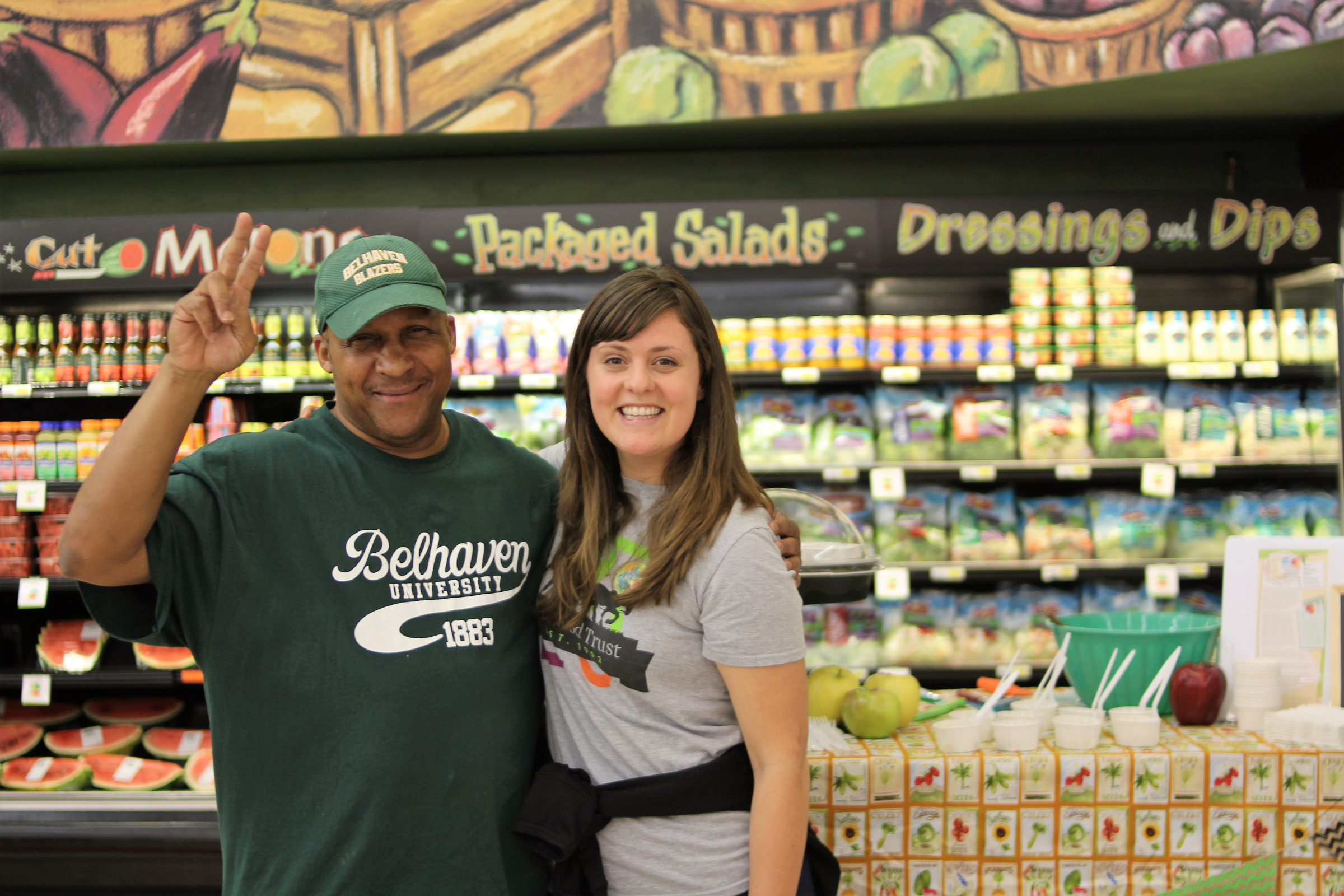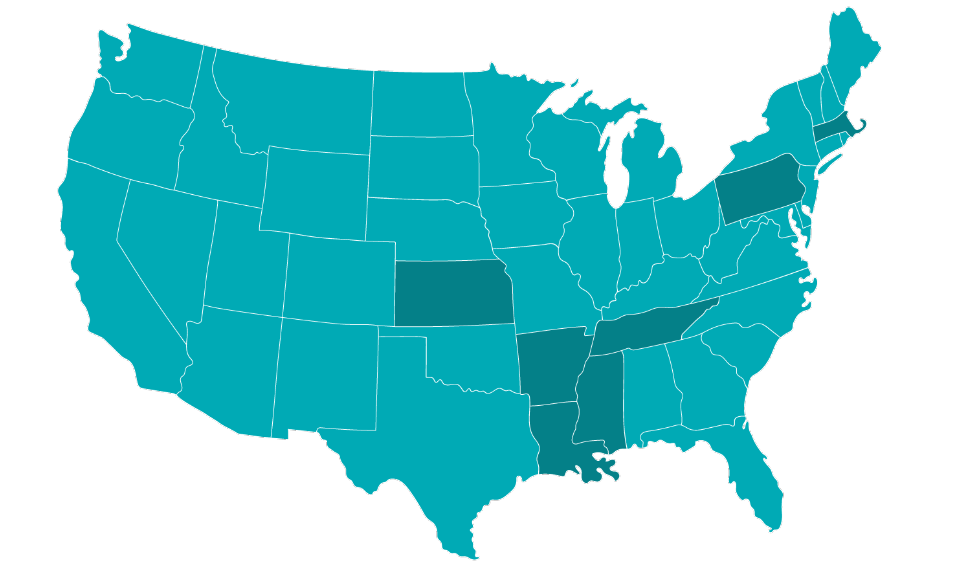Millions of Americans live in communities without access to a supermarket or other healthy food retail. This problem impacts residents of cities, small towns, rural areas and everywhere in between, especially those living in lower-income neighborhoods. The built environment is deeply intertwined with the social determinants of health, and communities without a strong healthy food infrastructure also experience lower levels of employment, higher rates of food insecurity, higher transportation costs, higher rates of diet-related disease and a range of other challenges.
Healthier communities create healthier economies, and research shows that the development or presence of a grocery store not only improves health outcomes but also creates jobs and stimulates additional investment. HFFI programs can also help address a lack of access to capital for small food retailers.
HFFIs provide one-time grants and loans, as well as technical assistance, to fresh food retailers to increase access to healthy, affordable food options and to improve economic development opportunities.
Healthy food retailers supported by HFFIs not only promote access to healthy food by offering opportunities to purchase nutritious foods, but they also serve as economic anchors to further commercial revitalization, creating local jobs, generating tax revenues, and capturing local dollars within the community, among other economic and community development outcomes.




